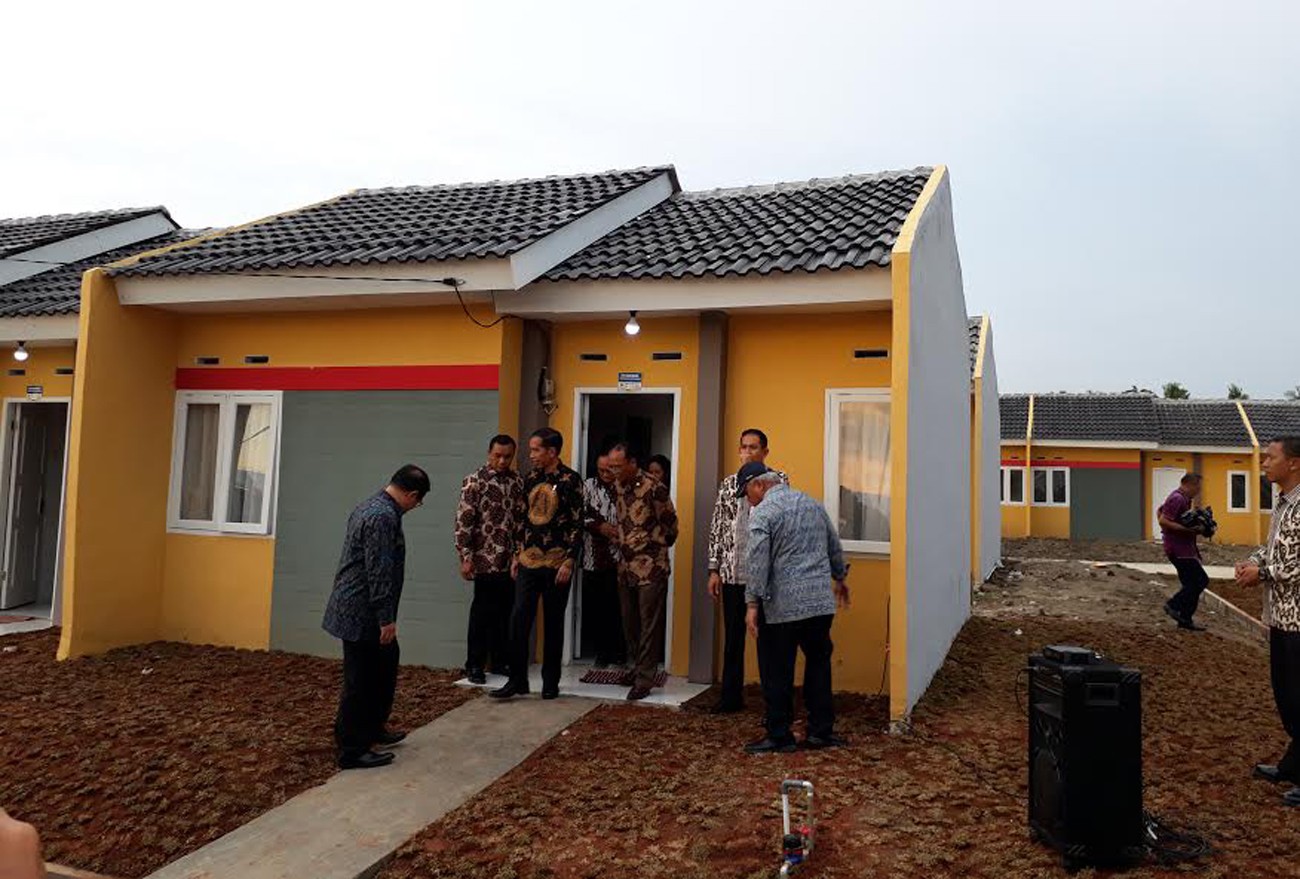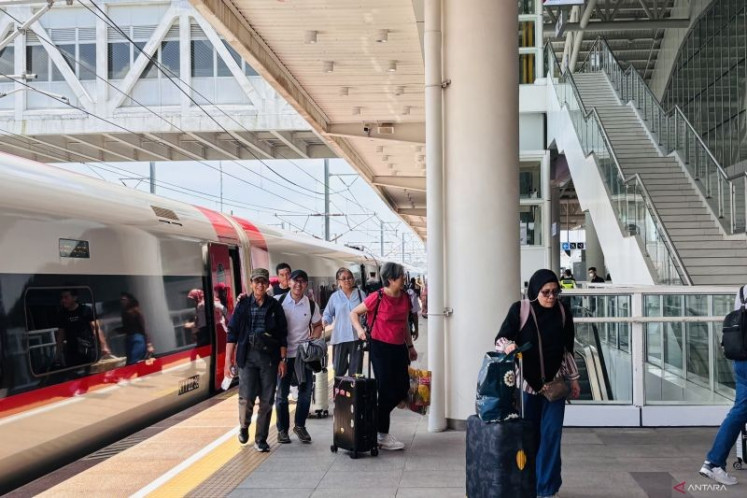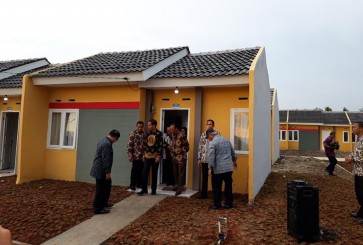Popular Reads
Top Results
Can't find what you're looking for?
View all search resultsPopular Reads
Top Results
Can't find what you're looking for?
View all search resultsProviding affordable housing for all
The right to affordable and adequate housing and its policies have become important issues not only in big cities and states in developing and least-developed countries but also developed countries.
Change text size
Gift Premium Articles
to Anyone
T
he United Nations has designated the first Monday of October every year as World Habitat Day since 1986 as a way to reflect on the state of our cities and to remind us of the basic right to adequate shelter. At the same time, it’s a reminder for state authorities that they are responsible and have the authority to shape the future of our cities.
The theme of World Habitat Day this year was “Housing Policy: Affordable Homes.” The right to affordable and adequate housing and its policies have become important issues not only in big cities and states in developing and least-developed countries but also developed countries.
From the Grenfell Tower fire in London to 306 evictions in 20152016 in Jakarta, and from tenants issues in San Francisco to aparti-zation in Seoul. Many countries are trying to catch up with emerging inequality through affordable housing schemes. Mayor Bill de Blasio of New York is trying to increase affordable housing through Mandatory Inclusionary Zoning, a public-private partnership scheme that forces developers to also be responsible and provide affordable housing in their developments.
And just recently, the Indonesian government, through the Public Works and Public Housing Ministry, has signed a loan of US$450 million from the World Bank for National Affordable Housing Program; with the objective, according to the project document, to improve access to affordable housing for lower-income households.
In the early years after independence, our founder, Sukarno, stated that there were basic needs to be fulfilled by the state, which were clothing, food and housing.
The first National Housing Conference in 1950 was attended and opened by the then president and vice president, indicating the importance of the event. However, over time, housing as a basic need also serves a different purpose.
As a national priority, housing is also seen as an engine of growth and driver of the economy, and that’s what we call real estate, the construction industry and the market economy. Over time, housing also serves as a type of investment. Without proper and meaningful planning and supervision by the state and absence of good governance, oftentimes plenty of housing and new town projects become land-hunger development, which not only may get tainted by corruption but also threaten the environment, without necessarily solving the housing problem.


















